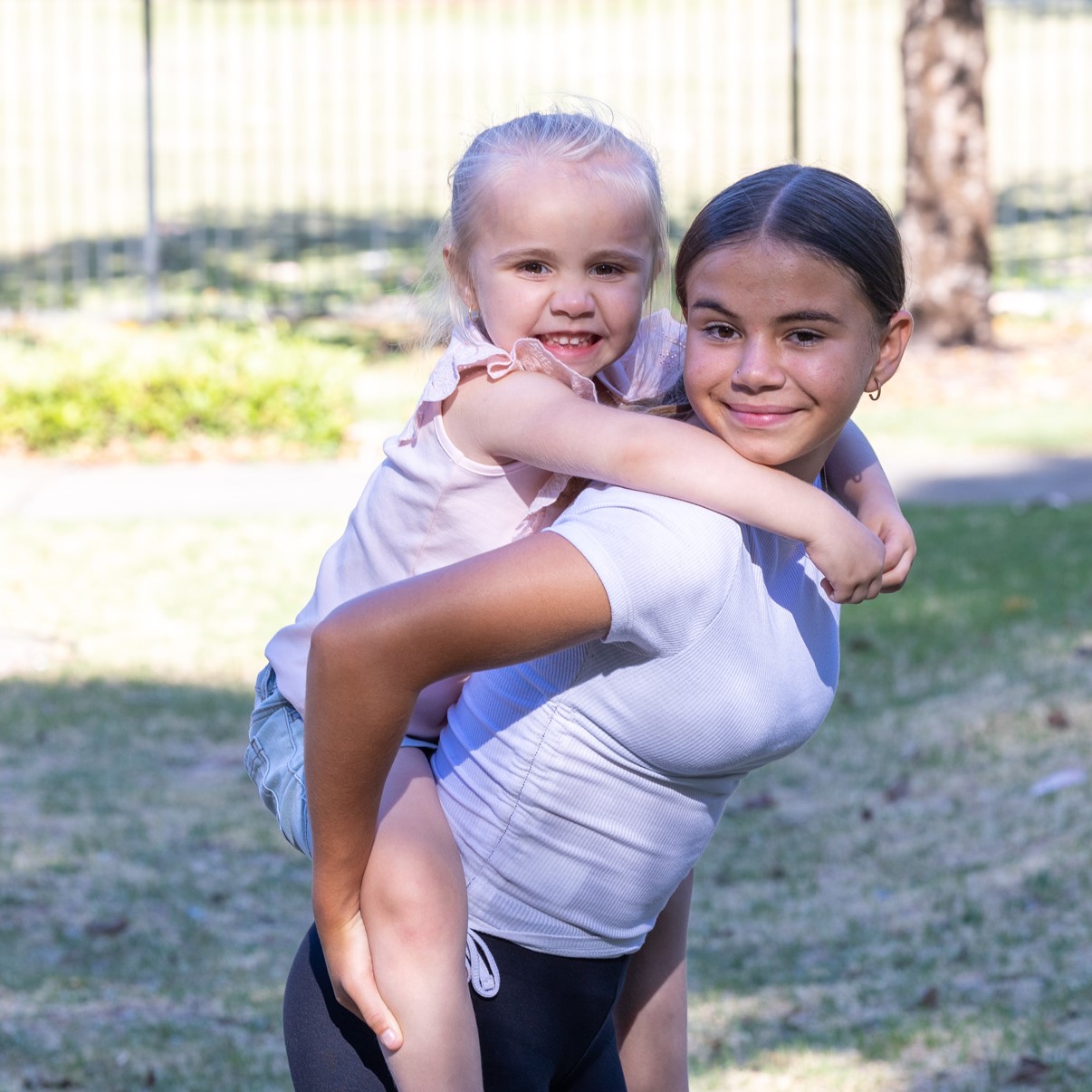Search
Showing results for "Au"
Research
Elucidation of pathways driving asthma pathogenesis: Development of a systems-level analytic strategyWhereas asthma was rare in the late 1800s and early 1900s, the marked increase in its incidence and prevalence since the 1960s points to substantial gene ×...
Research
Teacher–Child Relationship, Parenting, and Growth in Likelihood and Severity of Physical Aggression in the Early School YearsThis study investigated the likelihood of children showing problems with parent-rated physical aggression, and on the severity of problems, for 374 children.
Research
Genetic and epigenetic susceptibility to early life infectionTo date there have been relatively few studies on genetic determinants of susceptibility to neonatal infection and many of these have methodological...
Research
Airway Epithelial Cells Condition Dendritic Cells to Express Multiple Immune Surveillance GenesAEC-conditioned DC showed selective upregulation of chemokines that recruit Th1 cells, but minimal change in chemokines linked to Th2 cell recruitment.
Research
Autistic-like traits in childhood predict later age at menarche in girlsWe investigated the relationship between autistic-like traits in early childhood and age at menarche in typically developing girls.
Research
Are autistic traits in the general population stable across development?The current investigation measured AT in 360 males and 400 males from the general population close to two decades apart, using the Pervasive Developmental...
Research
Developing and characterising juvenile models of aggressive paediatric brain cancers for the evaluation of novel immunotherapies.While profound treatment responses have been realised using immunotherapy for some cancer types, this is yet to be seen for paediatric brain cancer patients.

The Indigenous Genomics Group aims to build Indigenous leadership in genomic and data sciences, precision health, and ethics to improve health equity and the wellbeing of Indigenous people, families and communities.
Research
The application of environmental health assessment strategies to detect Streptococcus pyogenes in Kimberley school classroomsChildren spend almost one-third of their waking hours at school. Streptococcus pyogenes (Strep A) is a common childhood bacterial infection that can progress to causing serious disease. We aimed to detect Strep A in classrooms by using environmental settle plates and swabbing of high-touch surfaces in two remote schools in the Kimberley, Western Australia.
Research
FINGERPRINT: FINdinG Early markers of Respiratory disease for survivors of PReterm birth which IdeNtify Treatable traitsThis research project will investigate the traits of preterm lung disease, looking into the long-term lung health of children born preterm, aiming to identify traits that could help guide better treatments in the future.
